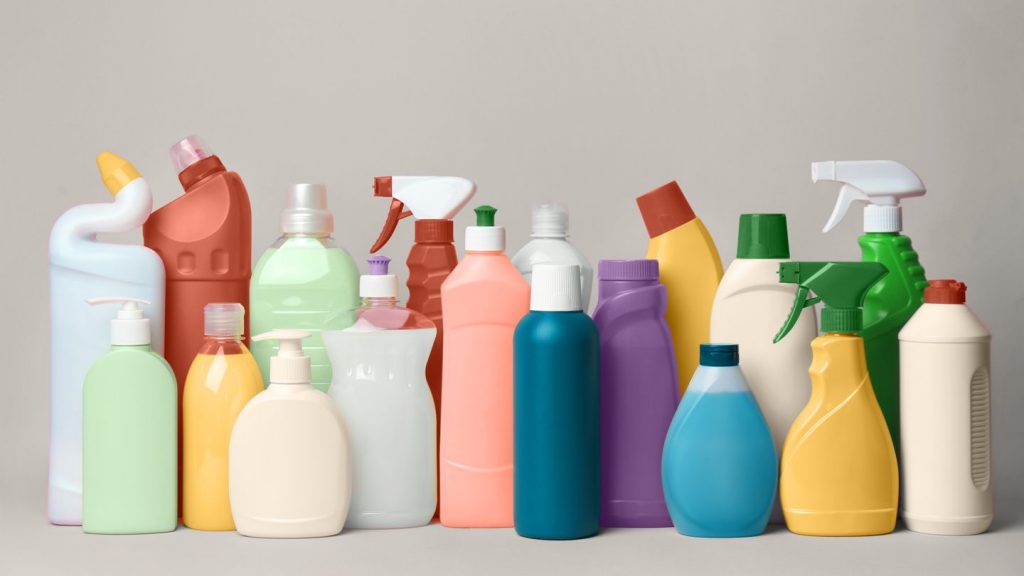In our modern society, we rely heavily on various household products to make our lives more convenient and comfortable. However, many of these products have a detrimental impact on the environment. In this blog post, we will explore the hidden environmental consequences of commonly used household products. By understanding these impacts, we can make more informed choices and take steps towards a more sustainable future.
- Cleaning Products:
Cleaning products are essential for maintaining a clean and hygienic home, but they often contain harmful chemicals that can pollute the environment. Ingredients such as phosphates, chlorine, and ammonia can contaminate water sources and harm aquatic life. Opting for eco-friendly alternatives or making your own cleaning solutions using natural ingredients can significantly reduce the environmental impact. - Personal Care Products:
From shampoo and conditioner to toothpaste and deodorant, personal care products are a part of our daily routine. However, many of these products contain microplastics, parabens, and synthetic fragrances that can end up in our waterways and harm marine ecosystems. Look for products labeled as "organic," "natural," or "biodegradable" to minimize your environmental footprint. - Disposable Plastics:
Single-use plastics, such as plastic bags, straws, and food packaging, have become a major environmental concern. These products take hundreds of years to decompose and often end up in landfills or oceans, causing harm to wildlife and contributing to pollution. Switching to reusable alternatives like cloth bags, stainless steel straws, and glass containers can significantly reduce plastic waste. - Energy-Intensive Appliances:
Many household appliances, such as refrigerators, air conditioners, and washing machines, consume a significant amount of energy. This energy consumption contributes to greenhouse gas emissions and climate change. Opting for energy-efficient appliances with high Energy Star ratings can help reduce your carbon footprint and save on energy costs. - Pesticides and Herbicides:
While pesticides and herbicides are commonly used to control pests and weeds, they can have severe environmental consequences. These chemicals can contaminate soil, water, and air, harming beneficial insects, birds, and other wildlife. Consider using natural pest control methods, such as companion planting and biological controls, to minimize the use of harmful chemicals.
Conclusion:
It is crucial to be aware of the environmental impact of the household products we use on a daily basis. By making conscious choices and opting for eco-friendly alternatives, we can significantly reduce our carbon footprint and contribute to a healthier planet. Together, let's strive for a more sustainable future by minimizing the use of harmful household products and embracing environmentally friendly alternatives.




More Stories
Lidi Toys Launches Safe and Fun Toy Flint Guns for Outdoor Play: A Must-Have for Kids!
How to Properly Store Your Outdoor Pop-Up Bubble Tent
Lidi Toys Unveils Innovative Rotary Water Cannon: Explore Its Advantages and Applications!